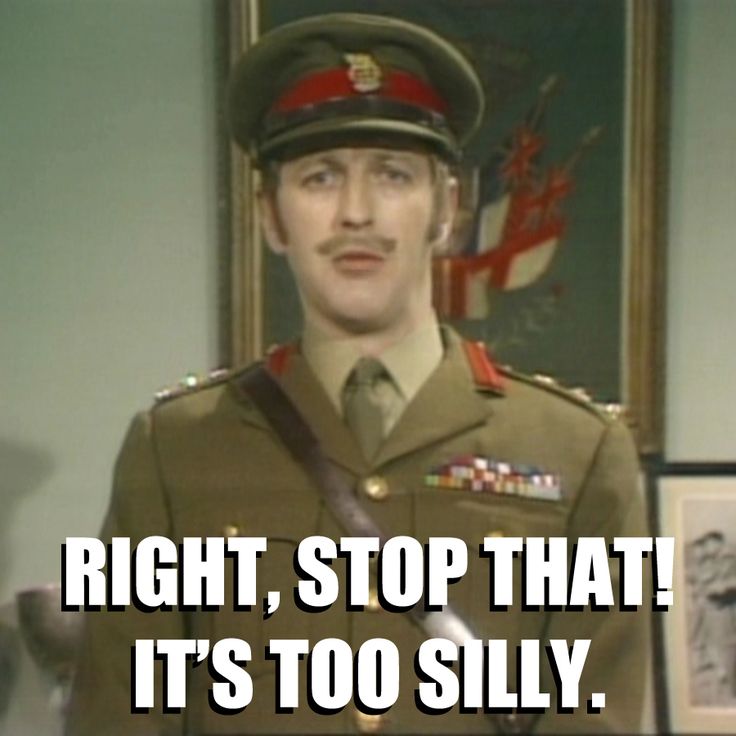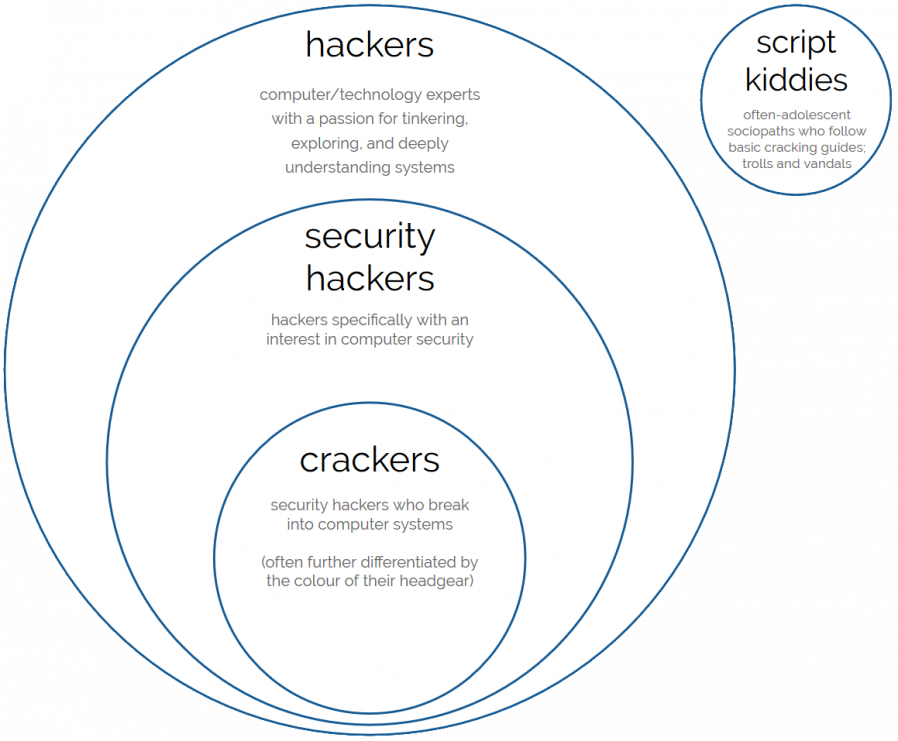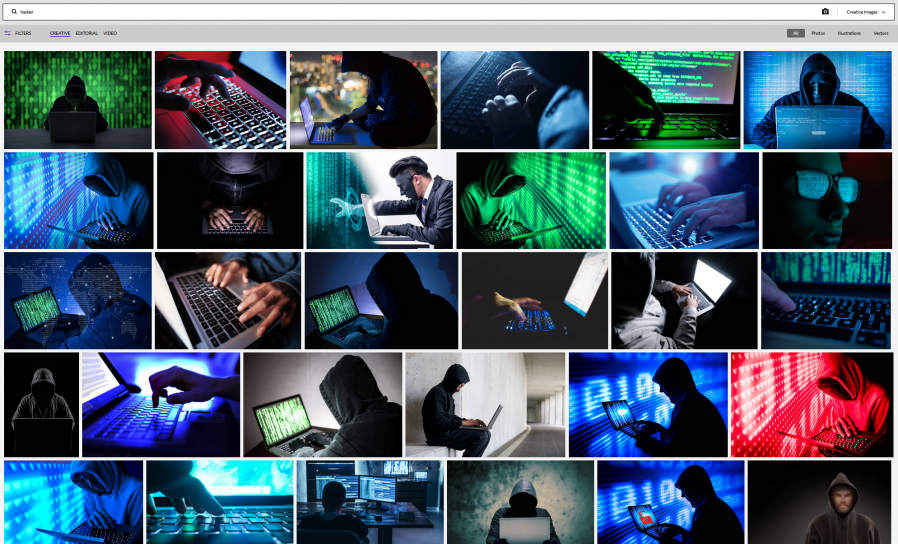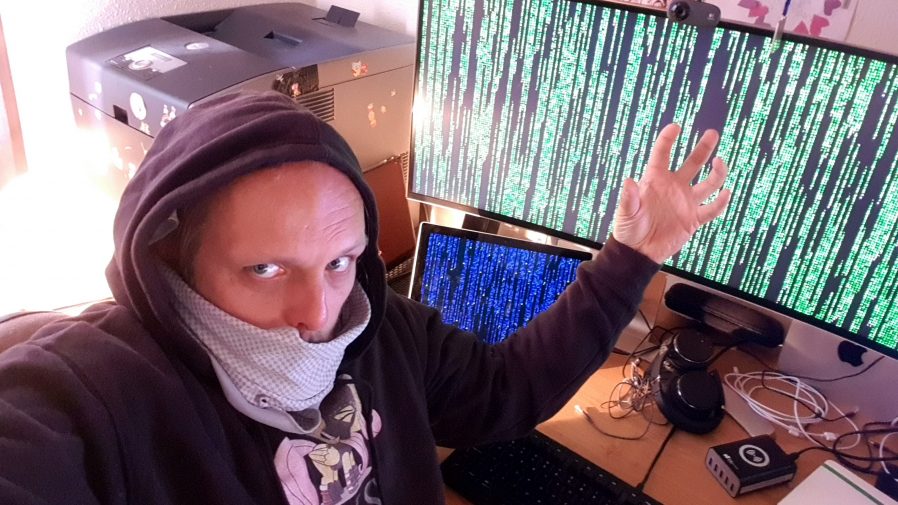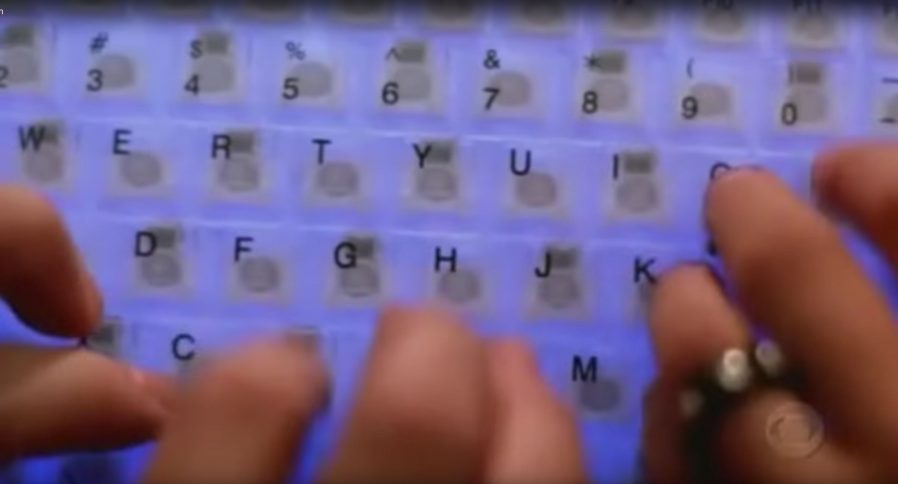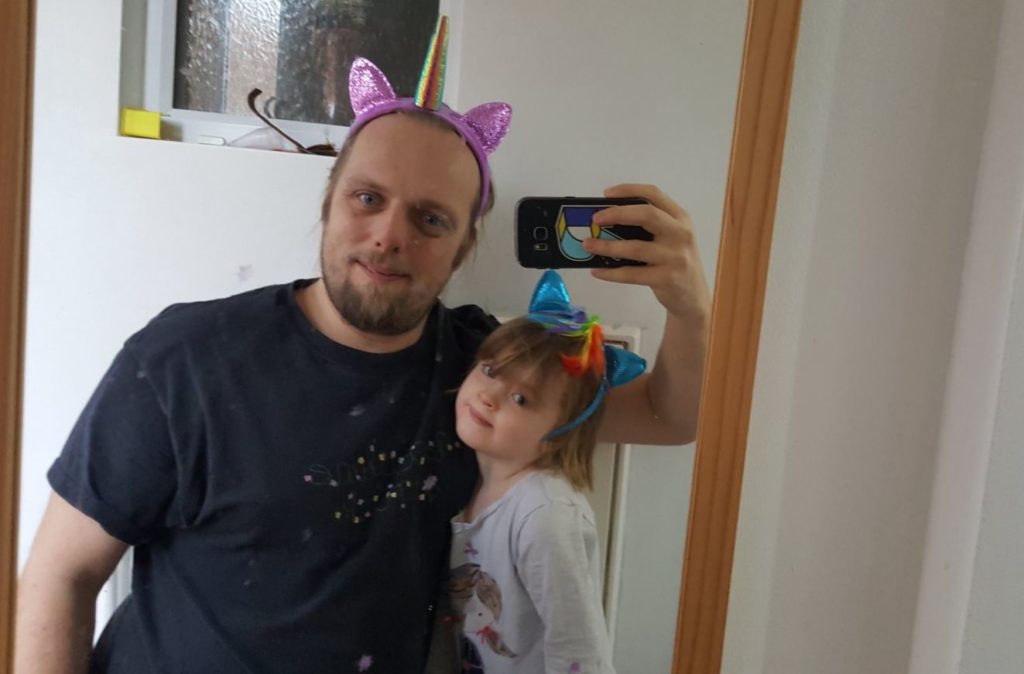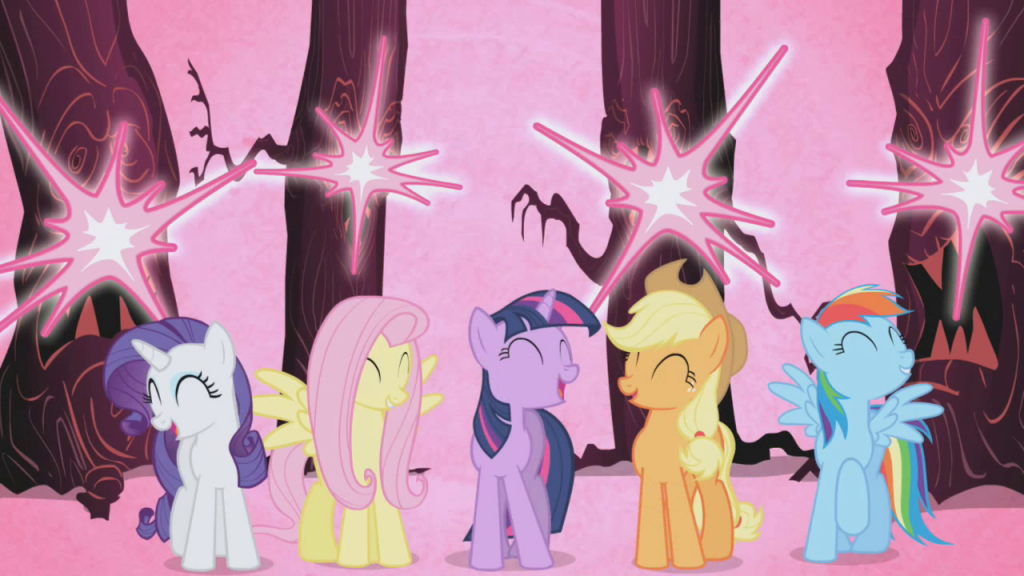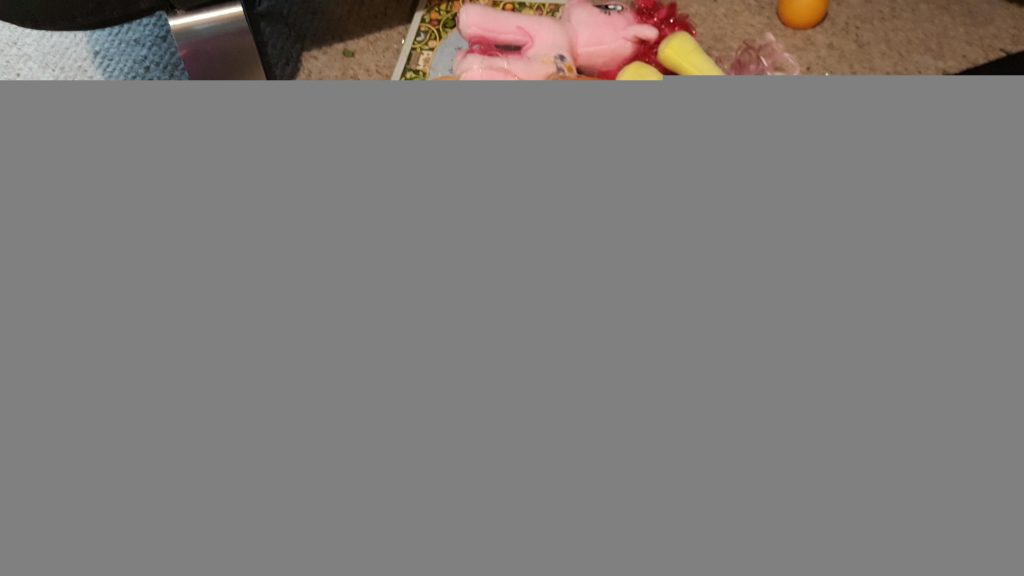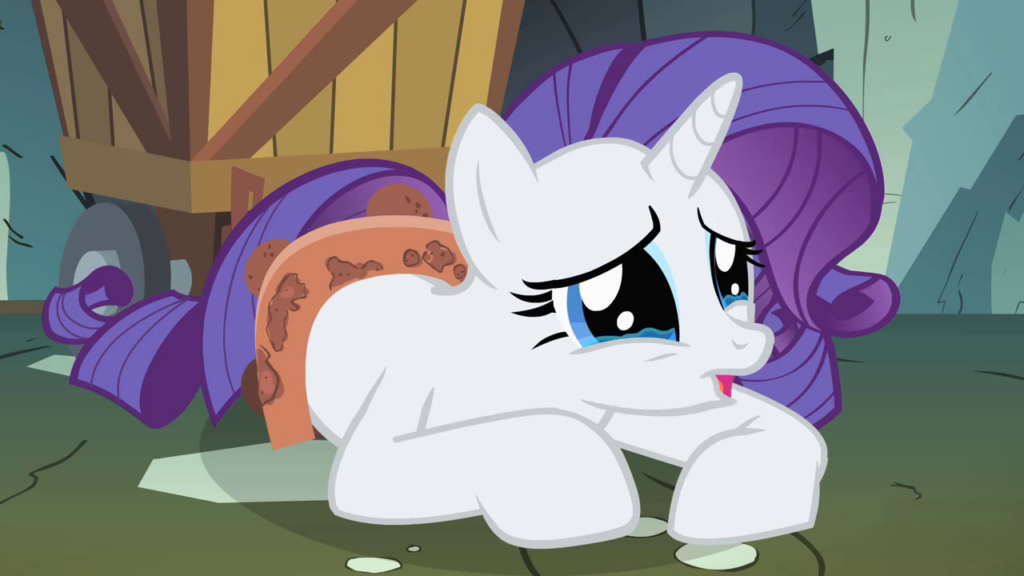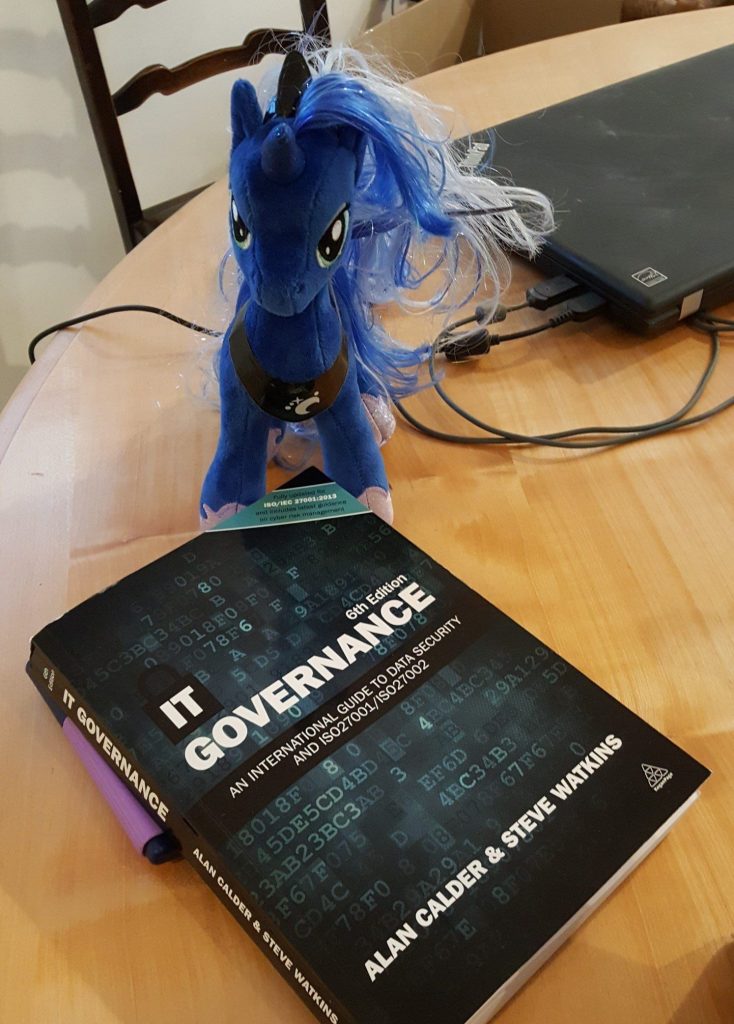This post is part of my attempt at Bloganuary 2024. Today’s prompt is:
What are your favourite sports to watch and play?
I’ve never really been very sports-motivated. I enjoy casually participating, but I can’t really see the attraction in spectating most sports, most of the time1.
My limited relationship with sports
There are several activities I enjoy doing that happen to overlap with sports: swimming, cycling, etc., but I’m not doing them as sports. By which I mean: I’m not doing them competitively (and I don’t expect that to change).
I used to appreciate a game of badminton once in a while, and I’ve plenty of times enjoyed kicking a ball around with whoever’s there (party guests… the kids… the dog…2). But again, I’ve not really done any competitive sports since I used to play rugby at school, way back in the day3.

I guess I don’t really see the point in spectating sports that I don’t have any personal investment in. Which for me means that it’d have to involve somebody I care about!
A couple of dozen strangers running about for 90 minutes does nothing for me, because I haven’t the patriotism to care who wins or loses. But put one of my friends or family on the pitch and I might take an interest4!
What went wrong with football, for example
In some ways, the commercialisation of sport seems to me to be… just a bit sad?
Take soccer (association football), for example, whose explosive success in the United Kingdom helped bolster the worldwide appeal it enjoys today.
Up until the late 19th century soccer was exclusively an amateur sport: people played on teams on evenings and weekends and then went back to their day jobs the rest of the time. In fact, early football leagues in the UK specifically forbade professional players!5
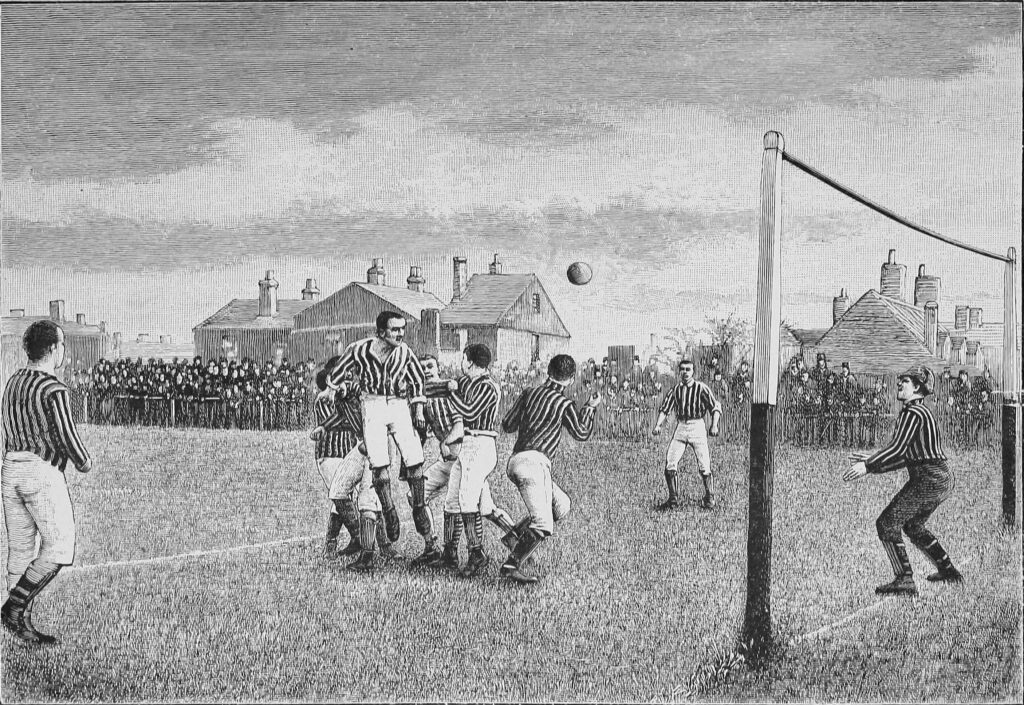
As leagues grew beyond local inter-village tournaments and reached the national stage, this approach gave an unfair advantage to teams in the South of England over those in the North and in Scotland. You see, the South had a larger proportion of landed gentry (who did not need to go back to a “day job” and could devote more of their time to practice) and a larger alumni of public schools (which had a long history with the sport in some variation or another)!6
Clamour from the Northern teams to be allowed to employ professional players eventually lead to changes in the rules to permit paid team members so long as they lived within a certain distance of the home pitch7. The “locality” rule for professional players required that the player had been born, or had lived for two years, within the vicinity of the club. People turned up to cheer on the local boys8, paid their higher season ticket prices to help fund not only the upkeep of the ground and the team’s travel but now also their salaries. Still all fine.
Things went wrong when the locality rule stopped applying. Now teams were directly competing with one another for players, leading to bidding wars. The sums of money involved in signing players began to escalate. Clubs merged (no surprise that so many of those “Somewheretown United” teams sprung up around this period) and grew larger and begun marketing in new ways to raise capital: replica kits, televised matches, sponsorship deals… before long running a football team was more about money than location.
And that’s where we are today, and why the odds are good that your local professional football team doesn’t have any players that you or anybody you know will ever meet in person.
That’s a bit of a long a way to say “nah, I’m not terribly into sports”, isn’t it?
Footnotes
1 I even go to efforts to filter sports news out of my RSS subscriptions!
2 The dog loves trying to join in a game of football and will happily push the ball up and down the pitch, but I don’t think she understands the rules and she’s indecisive about which team she’s on. Also, her passing game leaves a lot to be desired, and her dribbling invariably leaves the ball covered in drool.
3 And even then, my primary role in the team was to be a chunky dirty-fighter of a player who got in the way of the other team and wasn’t afraid to throw his weight around.
4 Unless it’s cricket. What the fuck is cricket supposed to be about? I have spectated a cricket match featuring people I know and I still don’t see the attraction.
5 Soccer certainly wasn’t the first sport to “go professional” in the UK; cricket was way ahead of it, for example. But it enjoys such worldwide popularity today that I think it’s a good example to use in a history lesson.
6 I’m not here to claim that everything that’s wrong with the commercialisation of professional football can be traced to the North/South divide in England.. but we can agree it’s a contributing factor, right?
7 Here’s a fun aside: this change to the rules about employment of professional players didn’t reach Scotland until 1893, and many excellent Scottish players – wanting to make a career of their hobby – moved to England in order to join English teams as professional players. In the 1890s, the majority of the players at Preston North End (whose stadium I lived right around the corner of for over a decade) were, I understand, Scottish!
8 And girls! Even in the late 19th and early 20th centuries there were women’s football teams: Dick, Kerr Ladies F.C., also from Preston (turns out there’s a reason the National Football Museum was, until 2012, located there), became famous for beating local men’s teams and went on to represent England internationally. But in 1921 the FA said that “the game of football is quite unsuitable for females and should not be encouraged”, and banned from the leagues any men’s team that shared their pitch with a women’s team. The ban was only rescinded in 1971. Thanks, FA.
